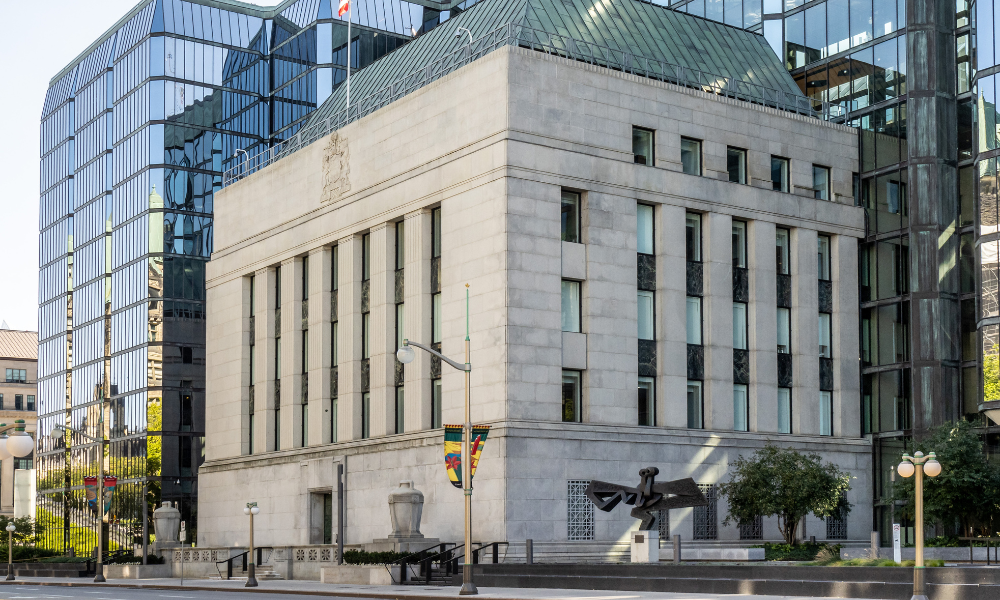Governor highlights the central bank's current challenges

The Bank of Canada is threading a very fine line between insufficient tightening of monetary policy and unsustainably high interest rates, according to Governor Tiff Macklem.
In prepared remarks for a year-end speech in Vancouver, Macklem acknowledged the risk that the central bank’s outsized rate hikes could push the national economy into a recession.
“If we raise rates too much, we could drive the economy into an unnecessarily painful recession and undershoot the inflation target,” he said. “If we don’t raise them enough, inflation will remain elevated, and households and business will come to expect persistently high inflation. With inflation running well above target, this is the greater risk.”
Macklem stressed that multiple unrelated factors contributed to the soaring inflation levels that necessitated the rate hikes in the first place.
“The pandemic reminded us that a chain is only as strong as its weakest link,” Macklem said. “With the waves of the virus hitting different parts of the world at different times, supply and demand could not recover in tandem. Moreover, the large shift in demand during the pandemic toward goods and away from services put even more pressure on clogged supply chains.”
Inflaming the situation is the Russian invasion of Ukraine earlier this year, which significantly pushed up global commodities prices.
“Russia’s weaponization of its natural gas supply has underscored the risks of assuming all countries share the same interests in peace and prosperity,” Macklem said. “Rising geopolitical tensions, more broadly, have underscored the fragility of some business relationships.”
What would it take to bring inflation down?
Macklem said that the Canadian economy has never taken this many simultaneous shocks since the central bank began its inflation targeting approach in the early 1990s.
“The lesson from 2022 is that even if long-term inflation expectations are well anchored, when the economy is in excess demand, businesses raise their prices more quickly and by more when their costs increase,” the governor said.
This is why any future decision on the benchmark rate would depend on both incoming data and the bank’s assessments on the impact of inflation.
“If high inflation sticks, much higher interest rates will be required to restore price stability, and the economy will have to slow even more sharply,” Macklem said. “We’re closely watching inflation expectations because keeping them well anchored is critical to restoring price stability.”



